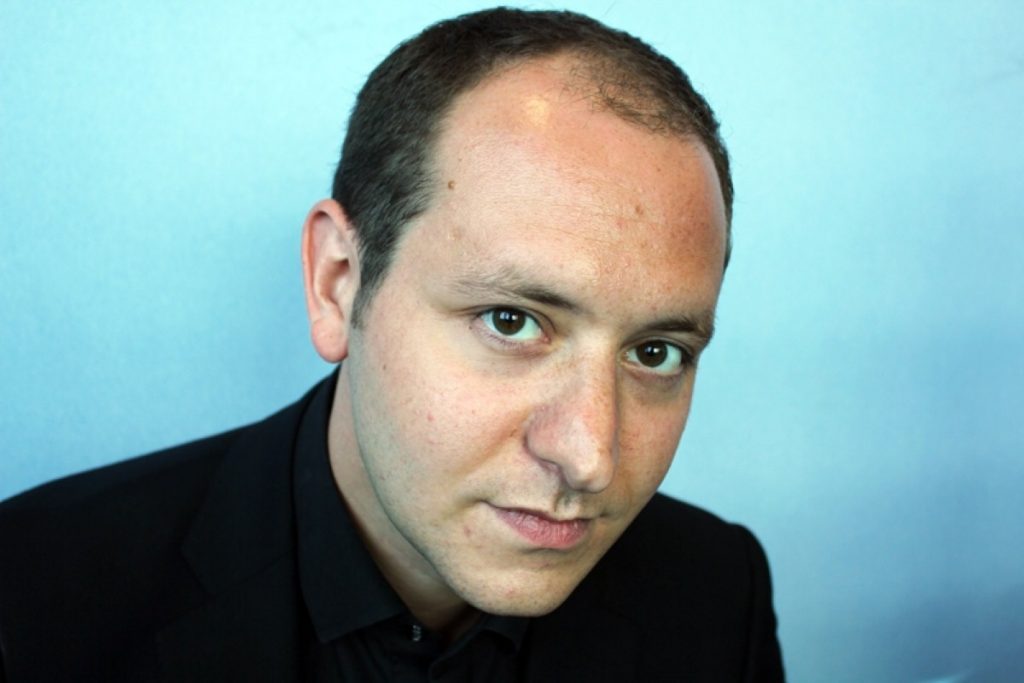Comment: Reagan statue shows Britain is America’s fiefdom
The statue of Reagan is divisive, humiliating and a sign of the west's selective judgements on human rights.
By Ian Dunt Follow @IanDunt
"You may be sure that the people of London will take his statue to their hearts," William Hague told his audience this morning, as a statue of US president Ronald Reagan was unveiled. He couldn't have been further from the truth. The decision to allow Ronald Reagan a statue in central London is as humiliating as it is misguided, for four reasons.
One: Brits don't care about him.


Reagan has no resonance with the greater British public. He's a darling of the UK's politically-active rightwingers in roughly the same way that Margaret Thatcher is to their American counter-parts. To the public at large, however, he holds little value. Installing a statue of him here in London, even if it is Grosvenor Square, feels like a mark of disrespect, because it assumes that we would hold up a US president in the same esteem as American citizens do. Unless someone can point me to a statue of John Major in a major American city then I think we'll have to conclude that this has been an enormous misjudgement.
Two: Reagan is politically divisive.
No-one votes on statues, so it's inappropriate to block up people's living space with potentially objectionable political symbols. Such figures should only be given statues in a suitable context, such as the (terrible) statue of Thatcher in parliament. Reagan fails the test set by other US presidents immortalised with London statues. Lincoln worked with the UK to end slavery forever. Roosevelt was our partner in the Second World War. For his part, Reagan's actions towards the end of the Cold War fall far short of the standards set by his compatriots and are anyway outweighed by his economic agenda. Reaganomics, the US version of Thatcherism, is a particularly unsuitable memory to regurgitate now that we are entering a period of deep antagonism over the deficit.
Three: It cements the idea that Grosvenor Square is US territory.
The use of a uniquely American figure with little following in Britain on Grosvenor Square confirms that this patch of London now belongs to a foreign power. The sterile zones of metal sheeting, the forced queues outside from visa applicants who are not considered respectable enough to wait inside, the overbearing cultural impingement on London: it has become an eyesore and a humiliation. Walking to the area now is like stumbling into Kosovo. Even parliament's security is less visible. The idea that parliamentarians complained about Brian Haw obstructing public use of Parliament Square while the Americans turn Grosvenor Square into a fortress tells you everything you need to know about British politics.
Four: Reagan was not a good president.
Don't listen to the staggering piety and hypocrisy that surrounds Reagan since his death. Listen instead to the human rights analysts of Latin America. They will tell you what Reagan achieved. Under his watch, far-right death squads were trained and funded across central America. In Guatemala, the UN-sponsored Commission for Historical Clarification found that American training was a "key factor" in the genocide there, a genocide which saw thousands of indigenous people massacred, thousands of women raped and mutilated and Rios Montt, arguable the worst and most sadistic of all Latin America's dictators, installed as president. In Nicaragua, Reagan was either so incompetent as to have no idea that his staff were diverting funds into the far-right Contra army or (more likely) an out-and-out liar. The Contras, a brutal and merciless army, were trained and funded by the US to take out the democratically-elected Sandanista government, a tactic followed throughout the region. It's one of those things that's worth bearing in mind when commentators wax lyrical about Reagan's commitment to democracy.
Divisive, humiliating and a symbol of our selective judgements on human rights: maybe the Reagan statue is being put up as a glib art comment on modern British society.

